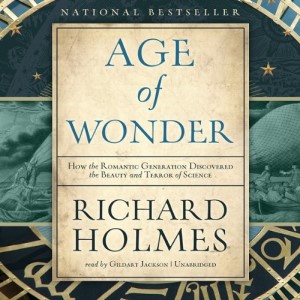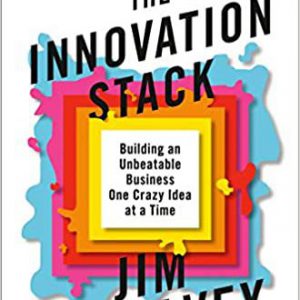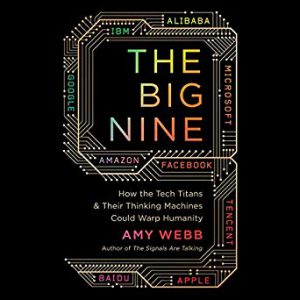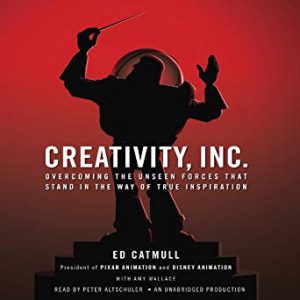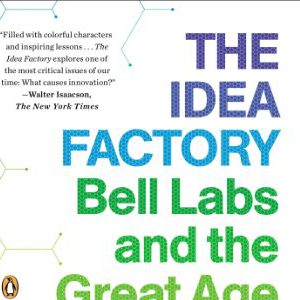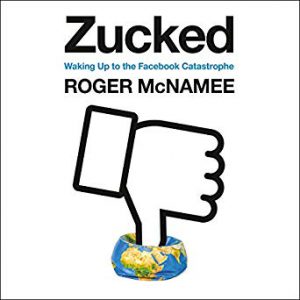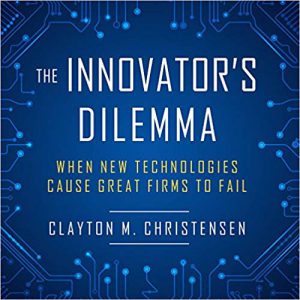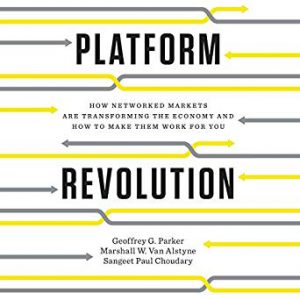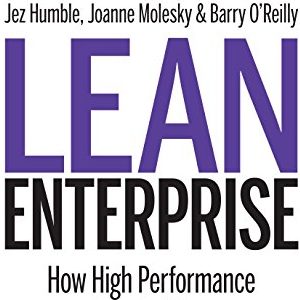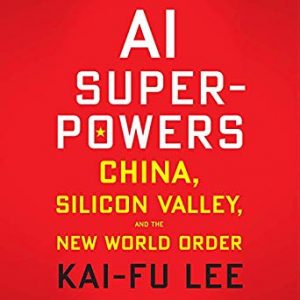Filled with highly interesting statistics about the evolution of public perception on ethical issues.
The philosophy of the Silicon Valley elite is just a bunch of ill understood one-liners from preferably obscure thinkers
Adrian Daub – What tech calls thinking
Entertaining and polemic book, although many of the author’s points hardly need to be argued.
Marginal communities provide natural experiments that convincingly illustrate basic economical mechanisms
Richard Davies – Extreme Economies
Well chosen examples (prisons, refugee camps, declining cities, etc.) illustrate why economics is a social science
Natural philosophy transformed into science thanks to the commitment and sacrifice of some thrill-seeking geeks
Richard Holmes – The age of wonder
Conveys lively how science was considered an undertaking for daring adventurers.
The Silicon Valley philosophy of innovation and disruption undervalues the importance of maintenance and durability
Lee Vinsel, Andrew Russel – The innovation delusion
Funny enough, the polemic narrative applies all the trick of typical innovation literature to promote a maintenance mindset.
To become successful as a startup founder: copy everything you can and only invent what you must
JimMcKelvey – The innovation stack
The book is exactly what it tries to avoid: being just another entertaining founder story (in this case about Square).
The US is losing out in AI, due to a lack of long-term vision and direction
The book’s set-up with multiple scenarios for the future works surprisingly well and is especiall concerning for European readers: Europe is almost completely irrelevant in all of Webb’s scenarios.
To unlock creativity, make sure you get the culture right
The best quote is not from the author: “Quality is the best business plan” (John Lasseter, director of Toy Story).
Thanks to the US phone monopoly, Bell labs could produce breakthrough technologies
Jon Gertner – The idea factory
The fascinating history of Bell labs illustrates how a long-term view is essential for technological progress.
Nine out of ten times, what seems to be a human error is actually caused by a faulty design
Don Norman – The design of everyday things
Elegant book full of fascinating examples of design thinking.
Economically speaking, AI makes prediction a commodity – and nothing more
Ajay Argawal, Joshua Gans, Avi Goldfarb – Prediction machines
The authors see AI as just a new option for the division of labor which, although it can have rather dramatic consequences, does not support apocalyptic GAI fearmongering.
Running a socially responsible business is often just egotism in disguise
Anad Giridharadas – Winners take all
Giridharas key argument is that elites only support change to the point where their privilege is not endangered.
Facebook’s content strategy leads to filter bubbles, thereby destroying the cohesion in society
When a a big tech investor like McNamee argues for stricter regulation it makes the argument more convincing.
AI outcomes reflect the thinking of the technochauvinists that built it – which may not be desirable for society
Meridith Broussard – Artificial Unintelligence
Great effort to democratize AI and peel off some layers of mistique that harm public debate (althought the case against technochauvinism seems at times a bit too shallow).
As an incumbent, organize disruptive innovation away from your core business
Clayton Christensen – The innovator’s dilemma
The history of disc drives and mechanical excavators showcases how difficult it is for incumbents to come out on top when technological innovation hits your market.
Make sure you create value, and maintain power over transactions on your platform
Geoffrey Parker, Marshall Van Olstyne, Sangeet Choudary – Platform revolution
Remember: there are many ways in which platforms can fail!
Anticipate change in products, processes and requirements; and organize for that
Despite the unavoidable buzzwords that come with the genre, Lean and Agile are actually sane and useful management principles.
Making a great painting is in large part a scientific achievement
Walter Isaacson – Leonardo da Vinci
Isaacson’s narrative falacy (‘Leonardo never finishing what he starts’) is at odds with the public recognition he received in his own day and age.
Compared to the Chinese tech scene, Silicon Valley is slow and complacent
Former Google China Chief explains why China will win the AI race when it comes to applications of deep learning in the physical world.
Theranos’ downfall shows a reality distortion field gone wrong
What seems to have started as entrepreneurial over-confidence ended in a web of fraud and lies.




